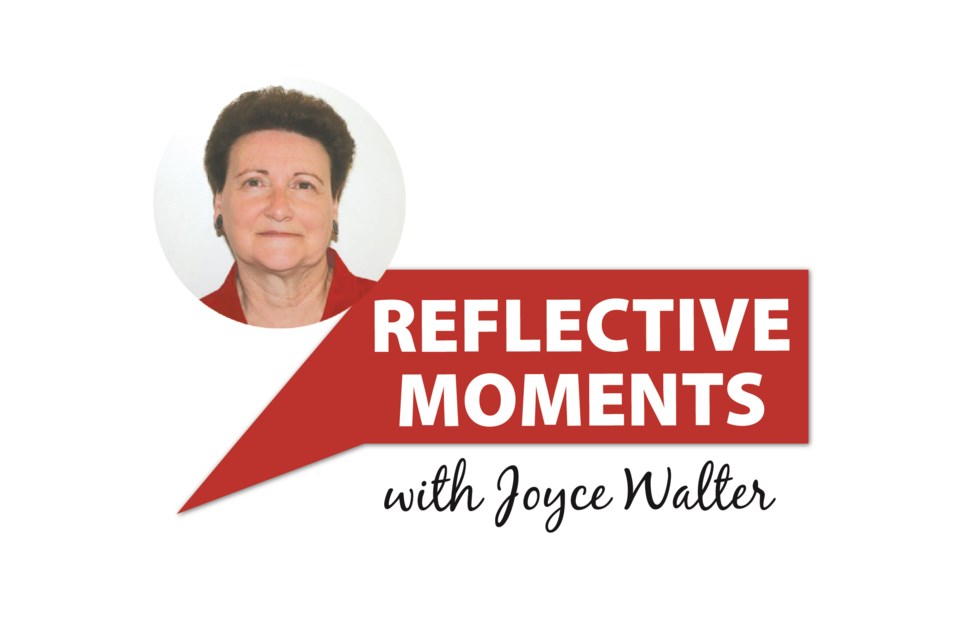In the morgue of the newspaper office in the fall of 1968, this junior/rookie/cub reporter was given the task of going through newspapers from 1918 to write about the Spanish Influenza.
The city editor of the day explained to me that in order to hone my journalistic research skills, reading through those newspapers would serve several purposes: I would learn how stories were composed in that era; by studying headlines I would glean what events were important in the community in those days; and possibly the most important of all, I would have the background to be able to write a story for a future Saturday edition, explaining to the folks of that year what was happening 50 years previous.
He bamboozled me into thinking it was an honour to be chosen for this assignment and it wasn’t until two other reporters laughed and said this kind of story was always offered to the senior staff members first and when they declined, as they always did, it was then sloughed off on the rookie. I lost the ball, but ultimately won the game.
Reading today’s historical stories of the 1918 pandemic, how it was covered up initially and following the timeline of its spread, brought back the memories of that 1968 research project. Who knew that 50 plus years later a pandemic, often compared to the Spanish Influenza, would strike and that I would be recalling what I had learned from the coverage of the 1918 event.
The city editor was absolutely correct in his assumption that I would learn a few things from the assignment, one of them being that no one wanted to talk about the Spanish flu as it was known. One of the reasons was fear it might someday return in an enhanced format. The other was that some of the people I told about my assignment had lost family members to the flu.
Being a typical teenager, unaware or disinterested in family history, I failed to realize that my family too had at least one relative die. Nor did I stop to figure out through simple math that both my parents lived through the flu as youngsters of 10 and seven years of age or thereabouts.
My Uncle died at the age of 28 years in 1918 from the Spanish flu. Family history indicates he likely caught the virus because he drove the local doctor from patient to patient over several months. My Aunt, his widow, remarried and lived on for many more years. If I had been on top of my game after only a few months on the job, I likely could have interviewed her about losing her husband and what it was like to live through and survive the flu.
Alas, I did not conduct that interview, and today, I cannot remember if my story was worthy of the much-coveted spot on the Saturday City Page in the daily newspaper.
Someday I might find the clipping of that story and as a personal assignment, look at how stories were composed in that day and age.
Joyce Walter can be reached at [email protected]
The views and opinions expressed in this article are those of the author, and do not necessarily reflect the position of this publication.




